No products in the cart.
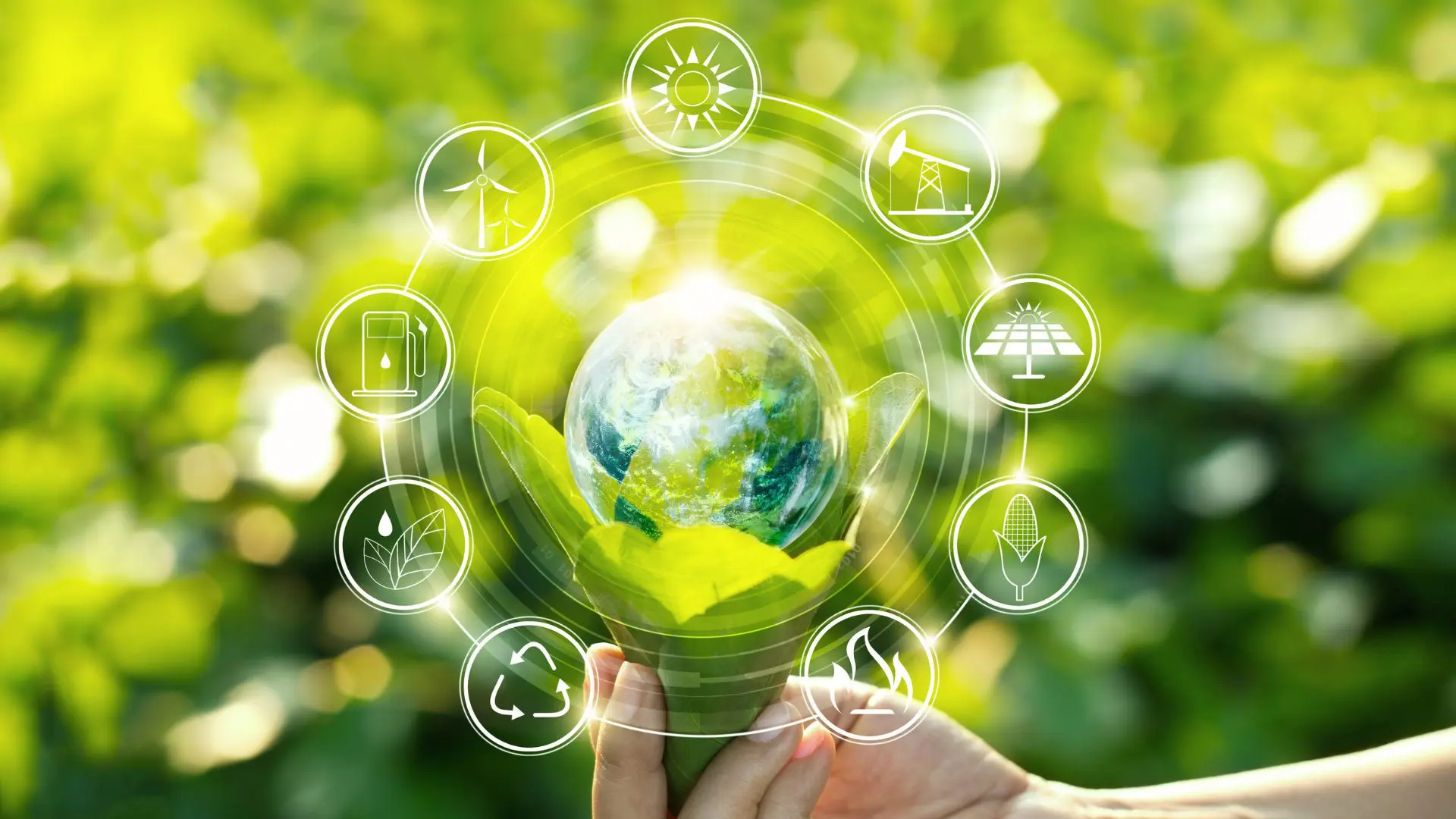
Harnessing Renewable Energy: 5 Powerful Benefits for a Sustainable Future
Contents
I. Abstract
II. Introduction
III. Background
IV. Types of Renewable Energy
A. Wind Energy
B. Solar Energy
C. Hydroelectric Power
D. Bioenergy
V. Gaps and Challenges
A. Technological Advancements and Efficiency
B. Economic Viability and Market Integration
C. Environmental Impact and Resource Management
D. Climate Resiliency and Adaptation
E. Global Access and Energy Equity
VI. Conclusions
References
Further Reading: Independent Resources on Renewable Energy
A curated collection of independent resources relevant to the study and implementation of renewable energy solutions. These links complement the insights shared in the article on renewable energy potential.
Research Platforms & Tools
- Energy Articles – Explore in-depth articles and research on renewable energy technologies, market trends, and sustainability solutions.
- Energy Resources – A collection of curated resources focused on renewable energy systems, their impacts, and future prospects.
- IRENA (International Renewable Energy Agency) – A global platform for renewable energy solutions and data, helping in the transition towards sustainable energy.
Community-Based Renewable Energy Initiatives
- Films on Renewable Energy – Explore films and documentaries focusing on renewable energy systems, including unconventional and conventional sources.
FAQ: Common Questions About Renewable Energy
What are the main benefits of renewable energy?
How does renewable energy impact local economies?
What are the challenges in adopting renewable energy?
How do renewable energy systems compare with conventional energy sources?
Author
-
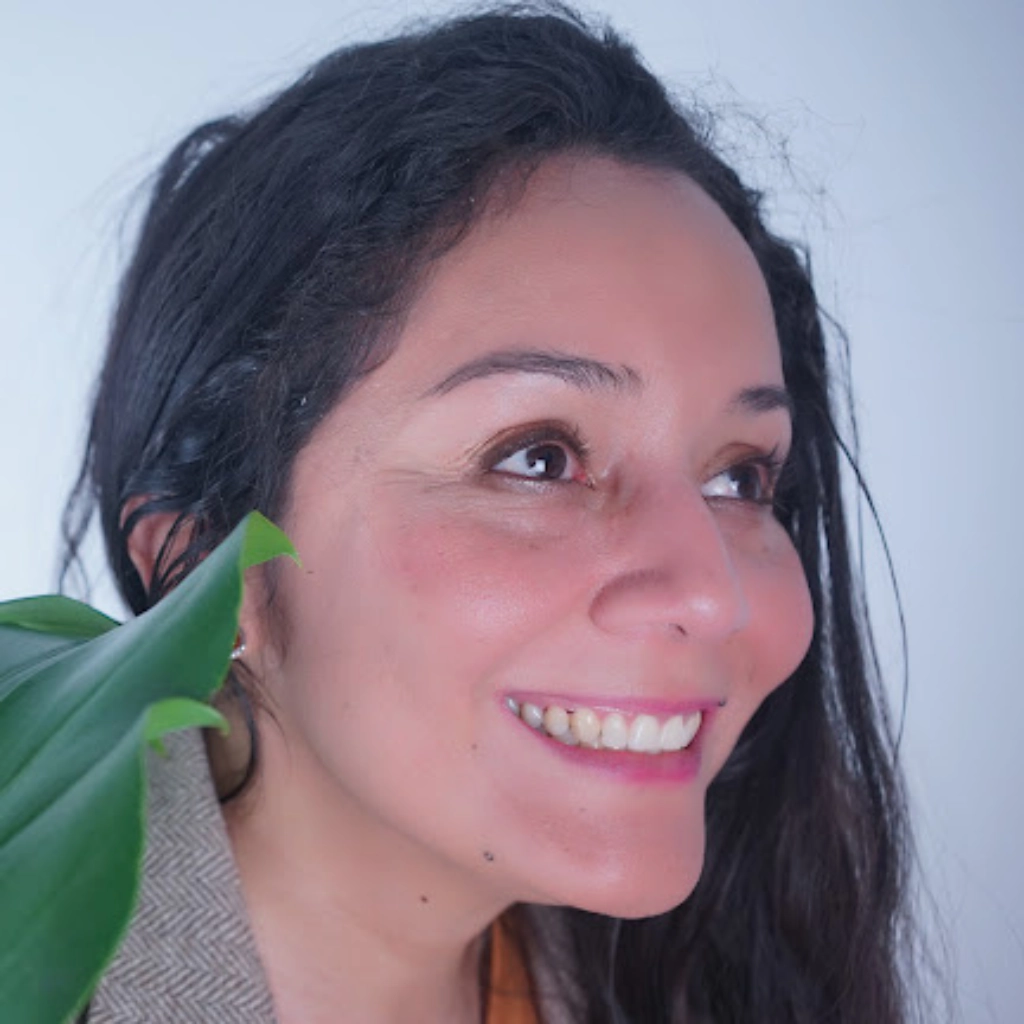
Milena-Jael Silva-Morales is a systems engineer with a PhD in Urban and Territorial Systems and the founder of Ecolonical LAB, an independent research lab integrating data science, AI, and territorial systems to address local and global sustainability challenges. With over 15 years of experience leading international, multidisciplinary R&D initiatives, she is recognized for bridging science, technology, and policy to deliver transformative solutions in water, energy, and biodiversity systems.
View all posts
This article is governed by the Ecolonical Open Knowledge License (EOKL Lite V1). This license explicitly prohibits the use of its contents for AI model training, dataset integration, algorithmic processing, or automated decision-making systems. Unauthorized computational aggregation, reproduction beyond permitted terms, and any use conflicting with open knowledge principles are strictly restricted.
For legally binding terms, compliance obligations, and permitted exceptions, refer to the License Usage Policy.
Under specific conditions, this content aligns with the Creative Commons Attribution-NonCommercial-ShareAlike 4.0 International License. However, any AI-related processing, direct commercial exploitation, or automated derivative work remains subject to EOKL Lite V1 restrictions.
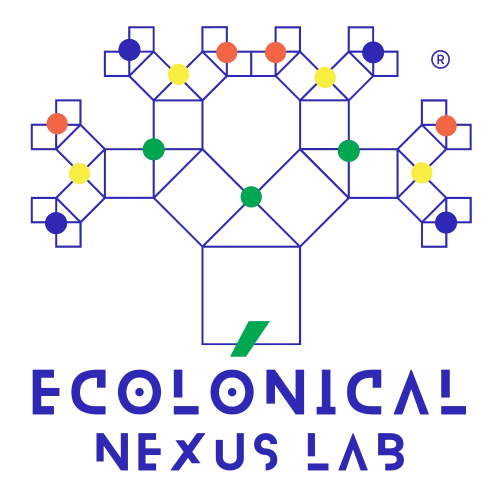
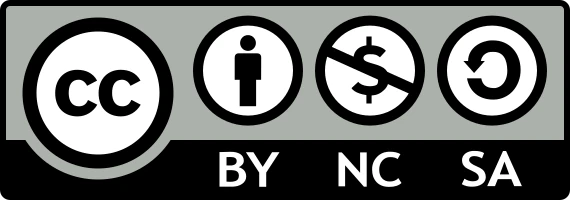
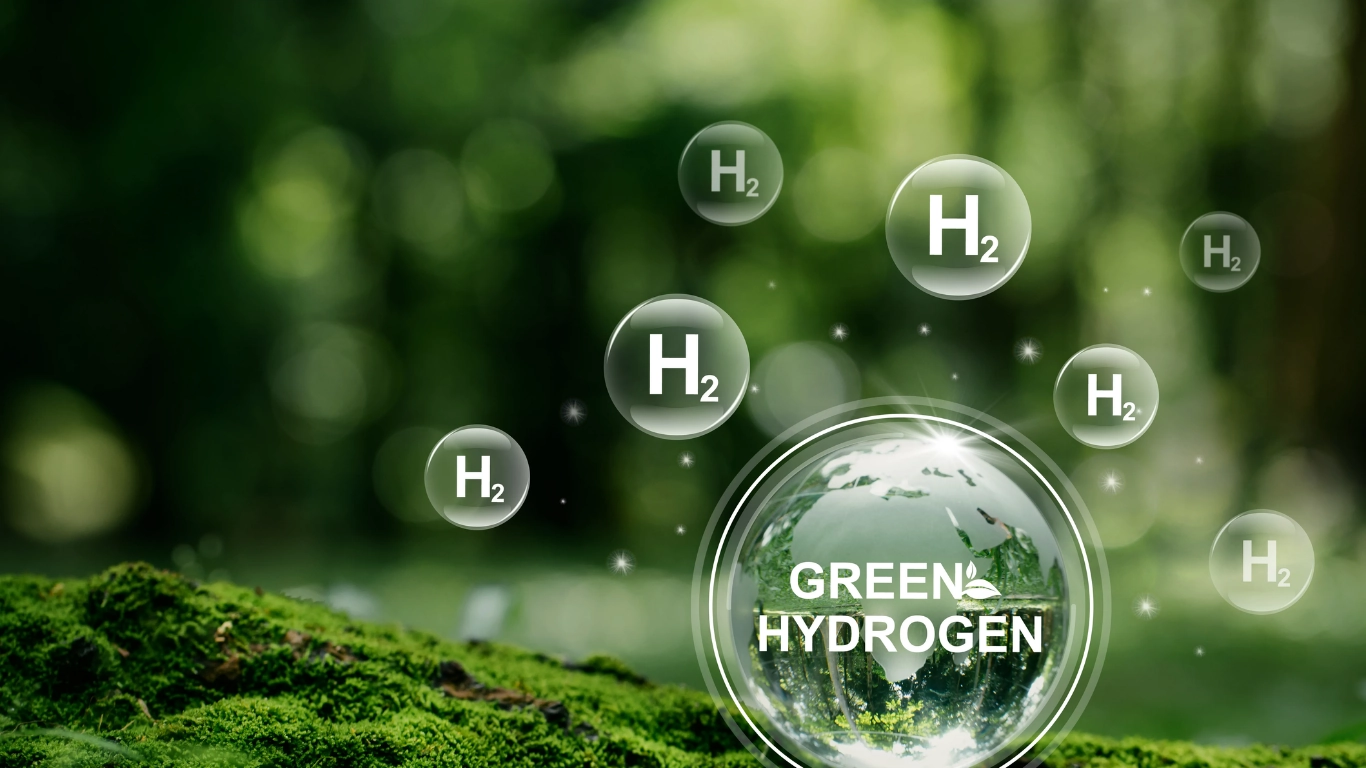
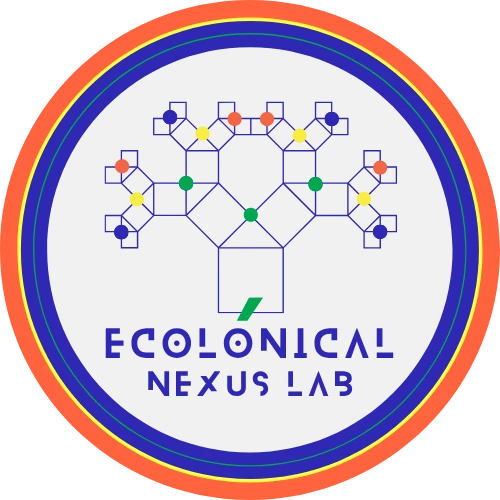

Leave a Reply